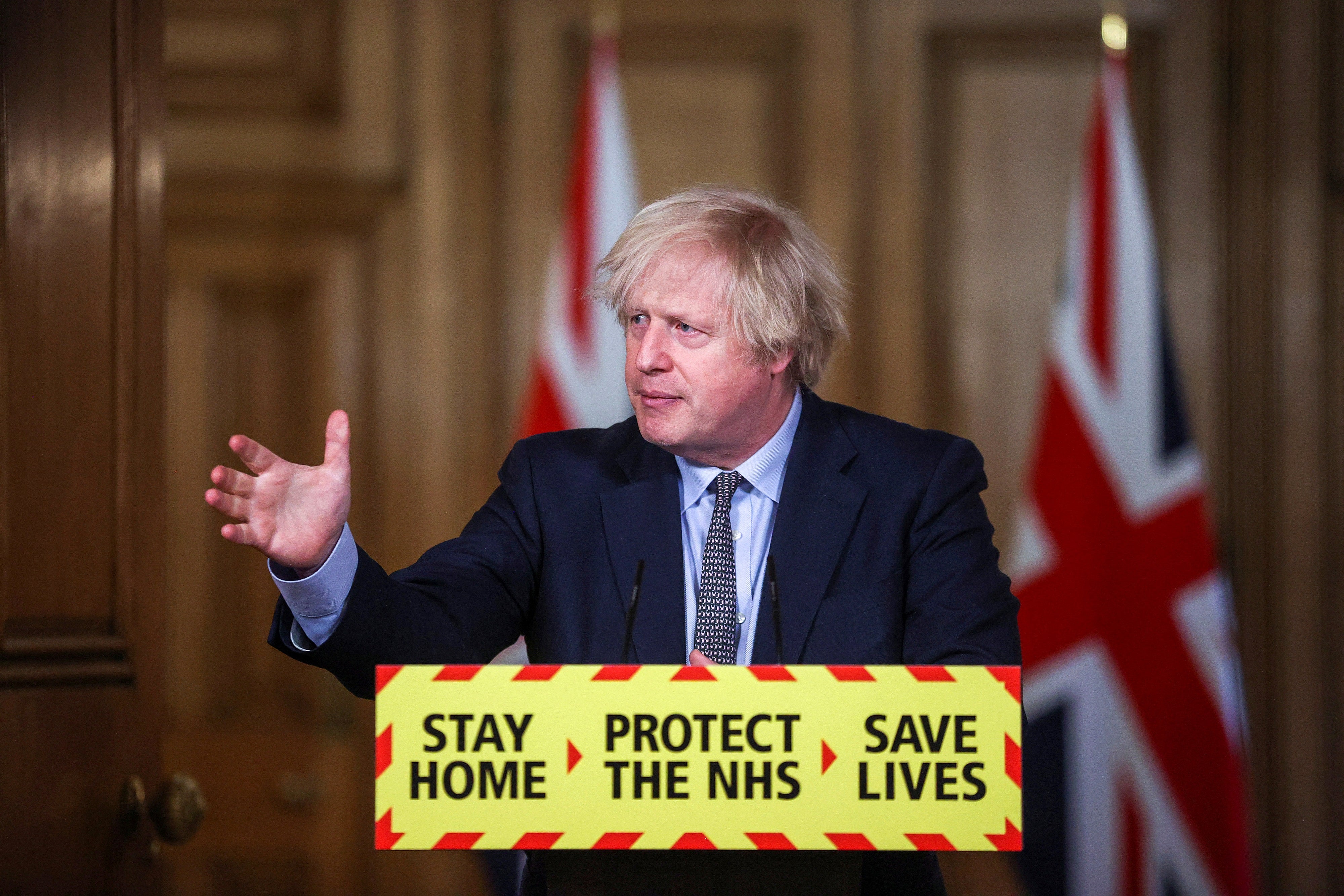Your support helps us to tell the story
From reproductive rights to climate change to Big Tech, The Independent is on the ground when the story is developing. Whether it's investigating the financials of Elon Musk's pro-Trump PAC or producing our latest documentary, 'The A Word', which shines a light on the American women fighting for reproductive rights, we know how important it is to parse out the facts from the messaging.
At such a critical moment in US history, we need reporters on the ground. Your donation allows us to keep sending journalists to speak to both sides of the story.
The Independent is trusted by Americans across the entire political spectrum. And unlike many other quality news outlets, we choose not to lock Americans out of our reporting and analysis with paywalls. We believe quality journalism should be available to everyone, paid for by those who can afford it.
Your support makes all the difference.The benefits of the first Covid-19 lockdown were “a drop in the bucket compared to the staggering collateral costs” it imposed, a study has claimed.
Scientists from Johns Hopkins University and Lund University say the policy may have saved as few as 1,700 lives in England and Wales compared to countries which took lighter-touch measures.
The researchers looked at existing studies on the impact of various different measures taken to protect populations against the virus across the world.
They found that full lockdowns had a “negligible impact” on mortality and suggested they could be a “policy failure of gigantic proportions”.
The approach's benefits were far outweighed by its impact on economic growth, public debt, and education, they said.
Across Europe, countries which imposed lockdowns saw around 6,000 fewer deaths than if they had taken a lighter-touch approach, the study said.
Authors examined 19,646 potentially relevant studies and selected 22 with standardised measures.
They compared the "stringency" of regulations in different countries and how this impacted on mortality.
The authors concluded: “The science of lockdowns is clear; the data are in: the deaths saved were a drop in the bucket compared to the staggering collateral costs imposed.”
But they said more research was needed to examine the impact of specific policies like requiring the wearing of masks.
Other studies have found different conclusions. One 2021 commentary in the British Medical Journal said it was “challenging to determine whether lockdowns have caused the harms or whether these harms are a direct consequence of the underlying health disaster of the pandemic”.
There were around 227,000 deaths recored with Covid on their death certificate in the UK up to 5 May 2023, according to government figures.
The UK Covid-19, which is now getting underway, will examine the government's response to the virus and how decisions were made.
Rishi Sunak's government has launched a legal challenge to try and stop the inquiry from using its powers to get hold of sweeping unredacted messages showing what ministers were talking about during the pandemic.
The government has handed over many messages and documents but says some of those requested are "unambiguously irrelevant".
A government spokesman said: “We are committed to learning from the Covid Inquiry’s findings, which will play a key role in informing the Government’s planning and preparations for the future.”

Join our commenting forum
Join thought-provoking conversations, follow other Independent readers and see their replies
Comments